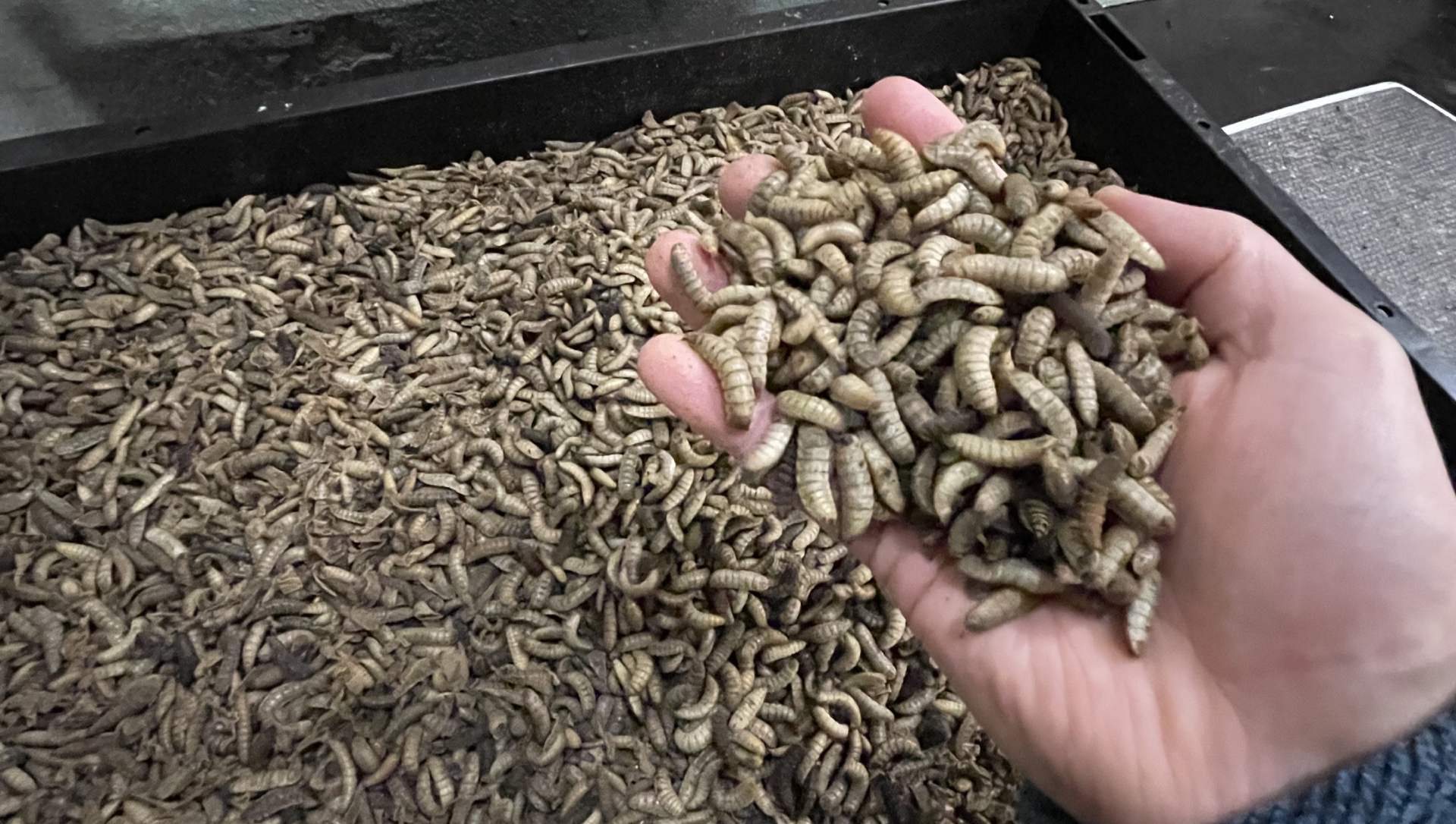
Challenges in mass-producing black soldier flies
Black soldier flies (Hermetia illucens) are gaining popularity for waste management and sustainable protein production. However, scaling up their production presents several challenges that must be addressed for efficient mass rearing.
1. Maintaining Optimal Environmental Conditions
BSF require specific temperature (28–32°C) and humidity (70–80%) to thrive. Any fluctuations can impact larval growth, rearing time and adult reproduction rates, making climate control a critical challenge, especially in regions with extreme weather conditions, but also in tropical countries.
2. Ensuring Consistent and Nutritious Feedstock
The quality and nutritional value of the waste fed to BSFL affect their growth, conversion efficiency and protein content. Inconsistent or contaminated waste sources can hinder larval development and impact the quality of derived products like animal feed and fertilizer.
3. Managing Reproduction and Egg Collection
Unlike common pests, adult black soldier flies do not feed and have a short lifespan, requiring efficient mating and egg-laying conditions. Collecting eggs at scale is often labor-intensive and may create a logistical challenge.
4. Preventing Disease and Contamination
While BSFL naturally suppress pathogens, improper handling of waste or poor hygiene in rearing facilities can lead to bacterial contamination. Maintaining biosecurity protocols is essential to prevent outbreaks that could disrupt production. Do note, that the related local legislation may vary significantly between countries and regions!
5. Automating and Scaling Production
Large-scale professional level BSF farming requires certain types of infrastructure with climate control as well as efficient harvesting methods and repetitive tasks. However, robotics or industrial automation is not required to make farming at professional level a success.
Conclusion
Despite its potential, mass-producing black soldier flies faces challenges related to environmental control, feed consistency, reproduction, hygiene and climate control – all of which may influence both CAPEX (capital expenses) and OPEX (operational expenses) of the farm and its profitability, which therefore needs to be well planned and calculated before committing to costs and certain input / output values.
If you want to learn more about the production sizes, types, equipment, calculating of OPEX and CAPEX and the business case, head to the Insect Farm Hub and review free tutorials and other materials and business calculators to test your production assumptions.
Learn more about BSF farming in the
Insect Farm Hub!
Manna Insect has launched a comprehensive insect farming platform designed for learning, managing, monitoring and networking. There are tons of free content about insect farming, as well as a lot of paid premium content, that dives even deeper in black soldier fly business.
